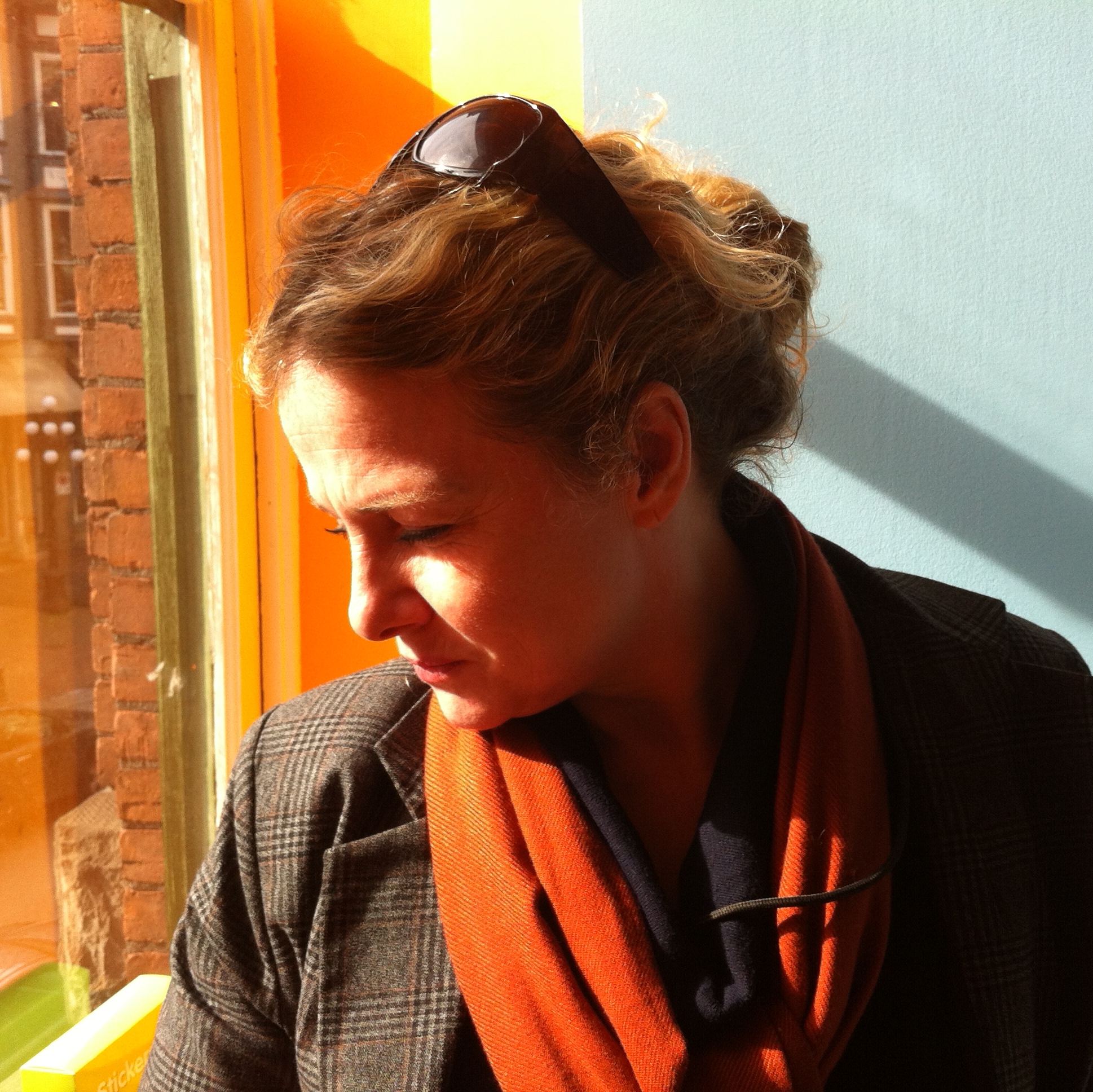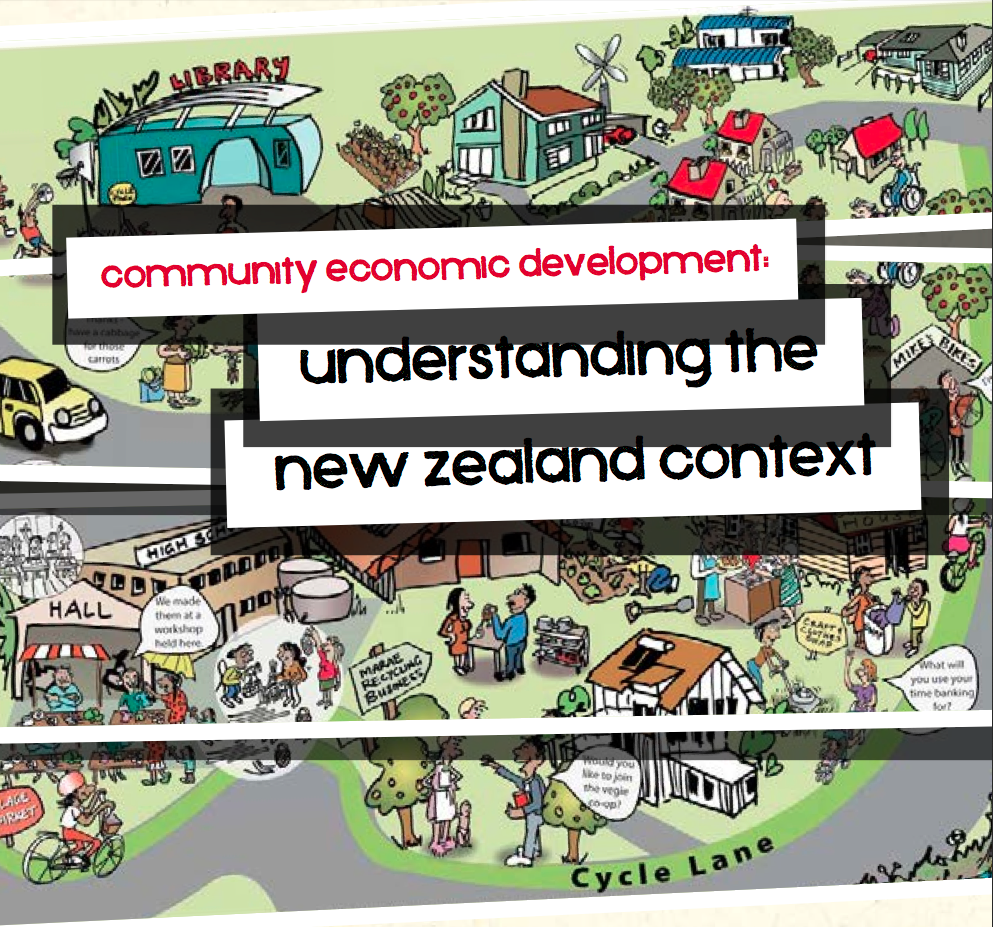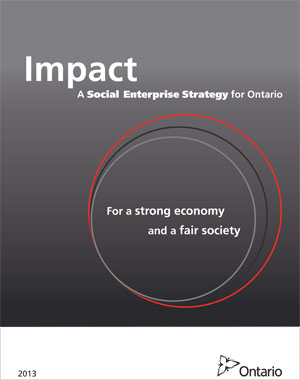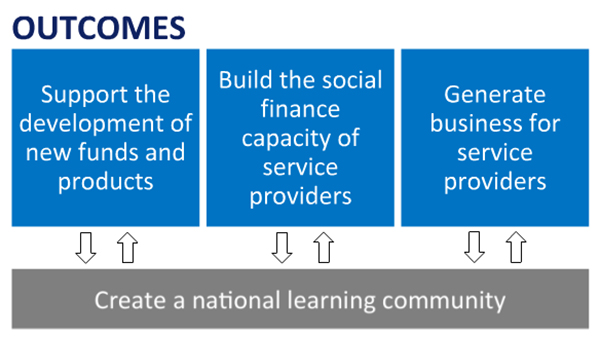 Wouldn’t it be amazing to know that every time you made a donation, it went directly to creating a job or training opportunity for someone with barriers to employment? It really is amazing, and has been happening for 20 years at LITE, a long-time member of CCEDNet!
Wouldn’t it be amazing to know that every time you made a donation, it went directly to creating a job or training opportunity for someone with barriers to employment? It really is amazing, and has been happening for 20 years at LITE, a long-time member of CCEDNet!
Local Investment Toward Employment (LITE) was born out of a vision for actually reducing poverty rather than simply alleviating it. It was a vision of change, not charity. Yes, if someone needs food today, we absolutely need to make sure they get something to eat. But what about making sure that people don’t end up in a spot where they don’t have food in the first place? Winnipeggers generously give food to those living in poverty at Christmas, but that gift does nothing to change the reason why those families needed food in the first place.
The brilliance of LITE is that it isn’t about one option or the other. It is about doing both at once. This simple yet transformative model ensures that food is provided to those that need food, and is purchased in a way that creates jobs for those who need jobs. It is the gift that gives twice!
Over two decades, LITE’s Alternative Christmas Hamper has provided over $750,000 of food to the Christmas Cheer Board, and in the process has created and supported hundreds of training and employment opportunities in Winnipeg’s inner city at places like Neechi Foods, Andrew Street Family Centre, and Wolseley Family Place. So many wonderful stories emerge out of these opportunities. A simple chance to bake cookies can build confidence that leads to other jobs or further education. So many people want to work, but lack the right skills or the right opportunity. Sometimes all it takes is for someone to believe in you, and give you that first chance. LITE, through the community partners they purchase from, does exactly that with fantastic results.
Looking to support training and jobs throughout the year, LITE is now also about more than food hampers as it has begun to fund a variety of other projects that have the same outcome – giving people a hand up instead of a hand-out. These jobs always build people’s confidence, lead to supportive social relationships, provide important skills and a resume, generate income that help people meet their basic needs, and often lead to other employment as a result of this first chance they embrace.
Huge congratulations are in order to LITE for twenty years of changing lives, one dollar at a time! In total, that would be over $1.5 million dollars in change. The many staff, the dozens of dedicated board members, the amazing community partners, the tireless volunteers, and the thousands of donors have all contributed to making this fantastic CED story a resounding success. Many hands really do make LITE work.
LITE’s 20th Anniversary Winter Gala was a resounding success! It was great to see some founders there, and many new faces. It was a blast for all who attended, a great chance to deepen our engagement with LITE, and it raised enough money to fully fund 3 CED Grants, hire single mothers to bake 33,000 cookies for Alternative Christmas Hampers, or provide over 100 families with full hampers this Christmas!
I will leave you with a challenge. Find some way to support LITE, and be a part of this great story. Make a donation, organize your workplace to raise money, join the Run for Rights, buy raffle tickets, or offer to volunteer. Every dollar counts, every dollar matters.
Tell your friends, tell your church, tell your company, and promote this great option via social media. The message of LITE is simple, but the impact is huge. When people hear about LITE, they get it, and they love it. Many just don’t know about it yet. We all need to do our part to get the message out there. The needs in our communities remain, but the opportunities that are possible are real, and this is why people will want to be a part of these workable solutions.
Brendan Reimer is the Manitoba Regional Director for the Canadian CED Network. He is also the manager of CCEDNet’s Enterprising Non-Profits – Manitoba program and a member of the Social Enterprise Council of Canada.












 The co-operative sector has cause to celebrate as an all-party Parliamentary Caucus on Co-operatives prepares to hold its first meeting.
The co-operative sector has cause to celebrate as an all-party Parliamentary Caucus on Co-operatives prepares to hold its first meeting.
 For Albertans with an interest in addressing complex social issues such as poverty and family violence, the news of a new provincial
For Albertans with an interest in addressing complex social issues such as poverty and family violence, the news of a new provincial 
 The Government of Alberta is set to create the largest Social Innovation Endowment in Canada through
The Government of Alberta is set to create the largest Social Innovation Endowment in Canada through 
 The recently launched Community Finance Solutions is now accepting applications for expert advisory support in the development of the following types of new impact investing funds and products:
The recently launched Community Finance Solutions is now accepting applications for expert advisory support in the development of the following types of new impact investing funds and products:
 Wouldn’t it be amazing to know that every time you made a donation, it went directly to creating a job or training opportunity for someone with barriers to employment? It really is amazing, and has been happening for 20 years at LITE, a long-time member of CCEDNet!
Wouldn’t it be amazing to know that every time you made a donation, it went directly to creating a job or training opportunity for someone with barriers to employment? It really is amazing, and has been happening for 20 years at LITE, a long-time member of CCEDNet!